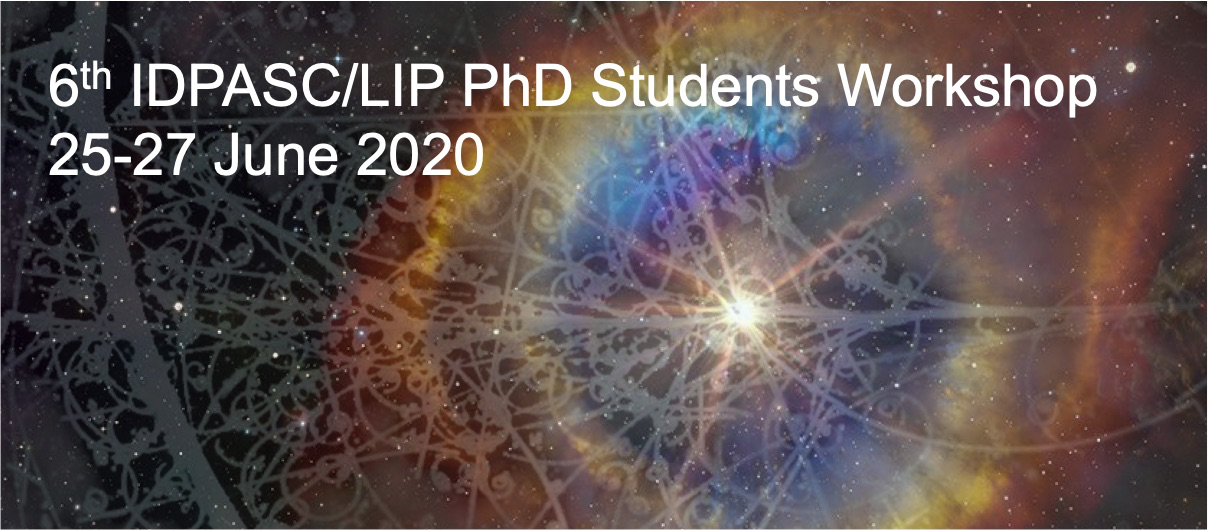Speaker
Description
This project makes part of the planned upgrade work for the years 2025-26 of the ATLAS experiment, one of the four experiments located at the Large Hadron Collider (LHC), at CERN, the biggest proton - proton collider ever built. Due to the expected increasing levels of luminosity, leading to a higher amount of data generated per bunch crossing, an improvement in the trigger system, which is the online event selection and filtering system, is required. The algorithm analyzed in this context is the TopoCluster, a three-dimensional topological calorimeter cluster reconstruction algorithm. With improvements on the software, combined with dedicated hardware (HW) devices, and the possibility of parallelization, the algorithm is expected to improve its time performance on the ATHENA framework.
Firstly, the algorithm was first replicated in a C++ standalone version, being then adapted to a C version with no dynamic memory allocations (when processing different events). Secondly, the algorithm was partitioned into different parts to profile the algorithm. After identifying the critical parts, improvements were done in those parts and evaluated.
Given the capabilities of dedicated HW such as Field Programmable Gate Arrays (FPGAs), an initial architecture is being currently developed to increase the processing speed of the slowest parts of the algorithm. Later, that algorithm developed will be reshaped to split its processing into different FPGAs, reducing its execution time.

